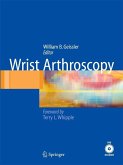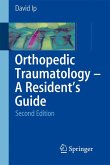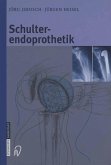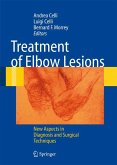Dror Paley, MD, FRCSC
In this manual you can find not only an analysis of the basis of external fixation, but also the author's original approach in this field. Certainly, no book can include all possible clinical situations in orthopaedic practice. Nevertheless, this manual is different from others in being easy to read. Consequently the execution of each method of external fixation can be readily grasped. Furthermore, the perfectly prepared illustrations will be of significant benefit to the orthopaedic surgeon.
Prof. Vladimir I. Shevtsov
I am pleased to present this book to experts on external fixation and to those who are taking only their first steps in this field. I regret that "the method for the unified designation of external fixation" is only now becoming the standard language of orthopaedic surgeons. If it had been developed and introduced earlier, it would have been possible to avoid many of the criticisms (sometimes justified) of the training in the method resulting from "individual" perceptions of the information in articles, instructional lectures, and manuals. The clever design, the high-quality illustrations, the wide range of pathological conditions considered for application of external fixation, and the style of presentation of the material are great advantages of this manual. I am sure that it will prove to be of great interest to orthopaedic surgeons in manydifferent countries.
Prof. Viktor K. Kalnberz
Dieser Download kann aus rechtlichen Gründen nur mit Rechnungsadresse in A, B, BG, CY, CZ, D, DK, EW, E, FIN, F, GR, HR, H, IRL, I, LT, L, LR, M, NL, PL, P, R, S, SLO, SK ausgeliefert werden.









